Critical Corner: Stellar Blade, Bridgerton, First Things

In this edition of Critical Corner, quick reviews of PS5 exclusive Stellar Blade, season three of Bridgerton, and Harry Ricketts' memoir First Things.
I’ve written before about the comfort of “good enough”. Great art is important, obviously. Bad art is also important, because it lets us know when great art. Good art is, I think, underrated. Not necessarily underrated in that the art itself should be elevated, but the experience of engaging with art that is “good enough” can be a balm at itself. It can be exhausting, as an audience, to have to rise to meet excellent all the time.
Stellar Blade is an example of a piece of art that is just good enough. The game, the first major PS5 exclusive of 2024, follows soldier Eve as she and her squad aim to retake earth from monsters called Naytibas. It’s a slick action-adventure, sort of a Devil May Cry meets Nier: Automata, with a heavy dose of fanservice. (If you want to read more about the game’s very Korean lens, I highly recommend Gene Park’s review of it).
I am loathe to give scores when reviewing because it feels very much to be kowtowing to the Metacritic and Goodreads of everything. However, there is something that feels quintessential about a “7.5/10 game”. If you’re a gamer, you know what that means. You’re guaranteed to enjoy it, but also to forget it. It’s the ham sandwich of gaming; it will satisfy but it will not astound.
Stellar Blade is the epitome of a 7.5/10 game. Despite the discourse, which is barely worth labelling discourse and absolutely not worth going into it, it’s an absolutely fine game. The environments are slick without being necessarily beautiful. The hack-and-slash gameplay is satisfying without being compelling. The narrative and characters are just shallow enough to stop us questioning anything more.
There’s nothing necessarily wrong with Stellar Blade. I think anybody could pick it up and have a fun few hours with it – I definitely did. But there’s nothing amazingly right. Sometimes you don’t wanna aim for the stars, when you all you want is to have a chill day on the moon.
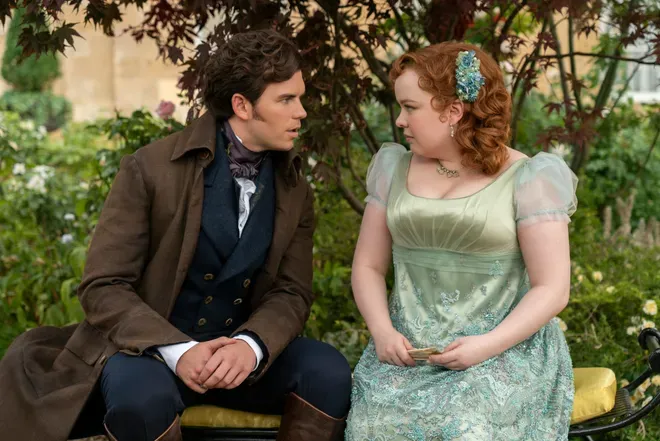
In a similar vein: is Bridgerton a great show? I’m not entirely sure. What I am sure is that Bridgerton is great at being Bridgerton. This season focuses on Penelope Featherington (Nicola Coughlan, a genuine star), the wallflower of the family, and Colin Bridgerton (Luke Newton, fascinating as a leading man) as the central couple. And, because, this is Bridgerton, they’re stuck in a will-they-won’t-they situation, albeit one complicated by one fact: Penelope Featherington is, of course, secretly Lady Whistledown. And, alas, Colin hates Lady Whistledown because he ruined the prospects of one of his sisters.
Bridgerton’s biggest asset isn’t its gowns, or its zippy reinterpretations of pop songs by string quartets, but it’s ridiculously charismatic cast. I don’t think there’s a single show on television right now that has a cast stacked as deep as this one. Coughlan and Newton have a delightful chemistry, having built two seasons worth of awkward friendship, and seeing the pair push and pull as they wrangle their clear attraction for each other is fun as hell. Every other member of the cast, from Claudia Jessie as the bookish and witty Elouise, to Golda Roshueval as the imperious Queen Charlotte is absolutely delightful. You want to watch these people, and you feel rewarded for having invested in them for as many seasons as they do. My eternal favourite remains Polly Walker, who plays terrible-but-loving-and-also-imperious mothers better than anybody else (see also: HBO’s underrated Rome).
Occasionally, Bridgerton falls into the trap of padding each episode out between electric moments of connection between the lead. A little bit too much will they, not enough they do. But I’ll be damned if the first half of this first season (the second half drops in June) doesn’t pay off four episodes worth of won’t they with a tremendously written, performed and soundtracked scene. It’s a great moment amongst a sea of good ones, and honestly? That’s just fine.
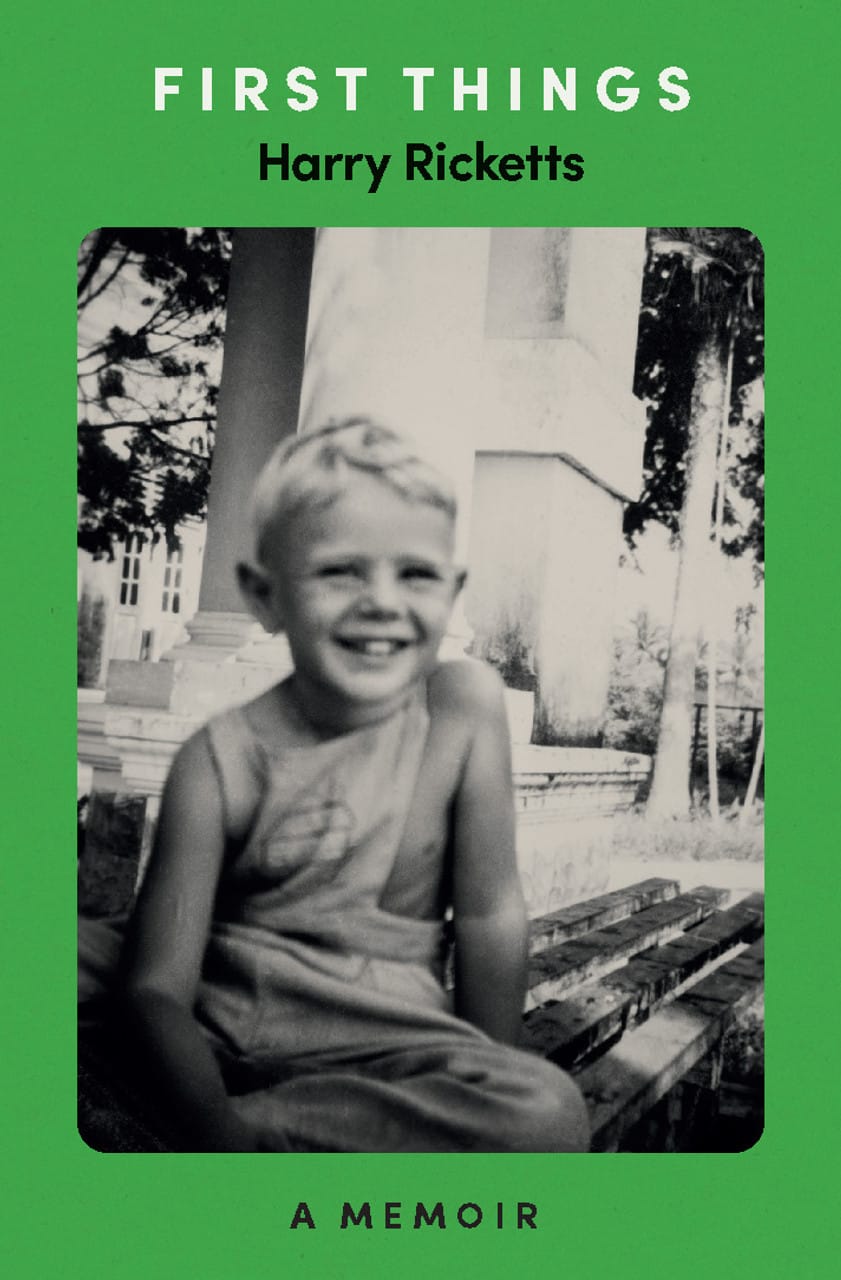
2024 has been a year of trying new things in literature for me. I’ve read my first Marian Keyes, my first Danielle Hawkins, and now? My first Harry Ricketts. Ricketts is one of New Zealand’s most prolific authors, with countless books of poetry, fiction, non-fiction and biographies to his name. I have absolutely no excuse for not having read Ricketts, and given that his book popped into my letterbox, no excuse not to read First Things.
This memoir is loosely themed around the first time Ricketts experienced or saw things – the first time he saw his father get angry, his first poem, his first gun – and covers the first half of his life, from growing up in post-war London as an army brat, to studying at Oxford, to lecturing in Hong Kong.
Ricketts views his own life at somewhat at a distance, as you might expect from a professional biographer. Occasionally he has insights into his past, as when he interrogates his first experience as a child with class difference – his mother refusing to let him go to a birthday party of a friend whose father was of lesser rank than his own. In other places, he skates across his life experience with the level of remove that you expect from someone who has resolved his own relationship to his past.
That’s great for Ricketts the person, but it does lead the book feeling a bit cold. Again, it feels as though he is own biographer rather than his own memoirist. It’s fascinating, intellectually, to see the difference between the two, but unless you have a pre-existing interest in Ricketts, or the period he is writing about, the book might be lost on you. It is absolutely my failing that it was lost on me, but it made me want to check out Ricketts’ other biographies.
In a way, that’s the kindest thing I could say about the memoir. It did not turn me off Ricketts, as either as a person or a writer, but made me want to check out more.
Stellar Blade is available on PS5 now. Season three of Bridgerton is available on Netflix. First Things ($35) is available from Te Herenga Waka University Press.
Other Things I’ve Consumed
- In case you missed it, I wrote a quick essay on the ethics of Baby Reindeer.
- The re-recording of Sunny Day Real Estate’s Diary (arguably one of the most important emo albums) of all time is really good.
- Apologies for the quick reviews, I’ve been deeply immersed in the New Zealand International Comedy Festival for the past two weeks, as well as working on a few other freelance things.
Things I’ve Read
- I don’t think I’ve read anything profound this week, but I found this review of Rhys Mathewson’s 10th Rodeo to be the rare stand-up comedy review that is worth reading in its own right.
Self-Promo
- If you happen to be in Auckland in June, I’m doing three readings of new work at Basement Theatre. One of these is This is My Story of Us (a queer love story which just won the Adam NZ New Play Award), one is The Boy Trip (a very silly and very gay adaptation of The Lady Eve) and another is Boy Meets Man (a play I am currently writing!). You can book tickets here. I’ll be announcing casts next week!
- Again, if you happen to be in Auckland in June and also a theatre practitioner who wants to upskill on script development and rehearsal room processes, I am part of Groundwork alongside Miriama McDowell, Jason Te Kare, Shane Bosher and Allison Horsley, taking place on June 9. You can find out more about it from info@playmarket.org.nz
Writing and reporting takes time, and if you want to support the amount of time it takes (and ensure that the scant amount of meaningful coverage of local art can continue), please considering supporting Dramatic Pause with a paid subscription ($8 p/m, $60 p/a) and if you can't afford a paid subscription, please share the work with your networks!
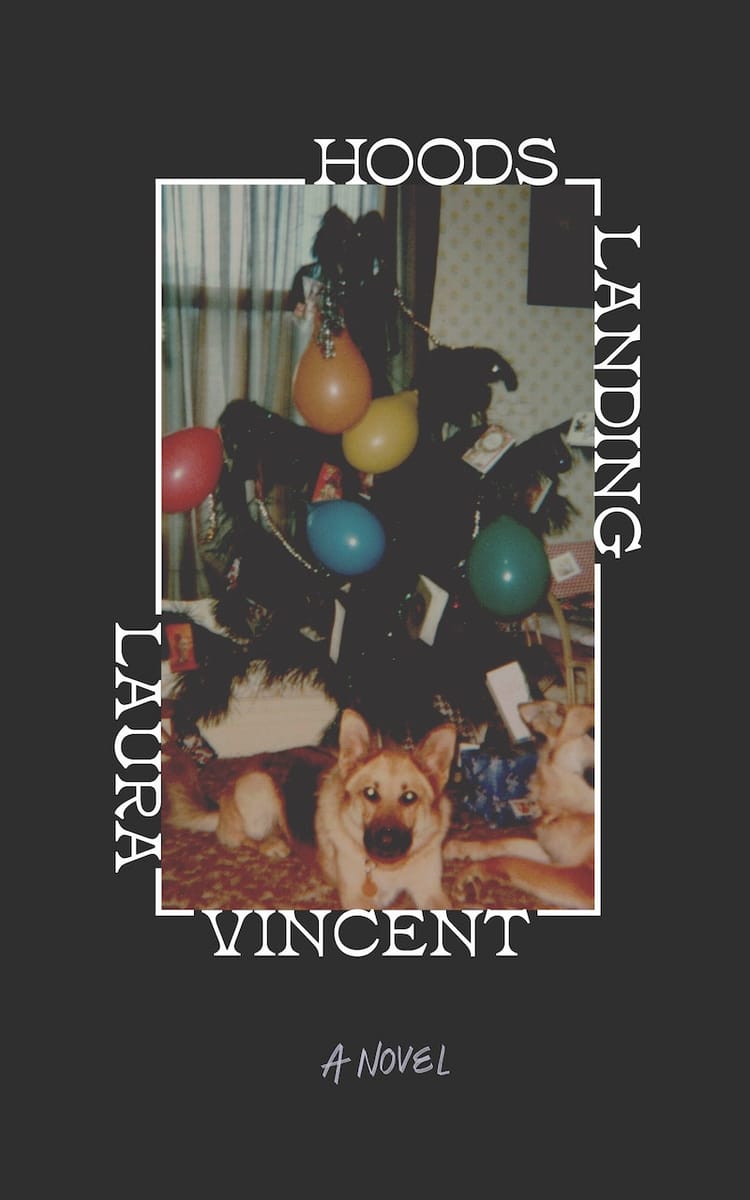

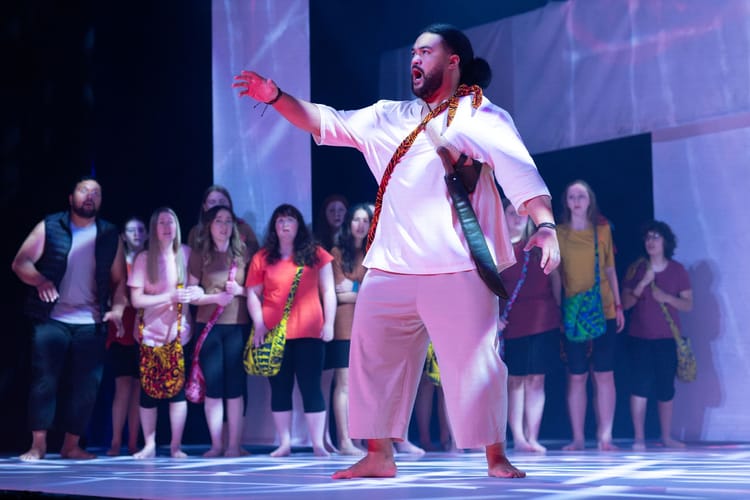
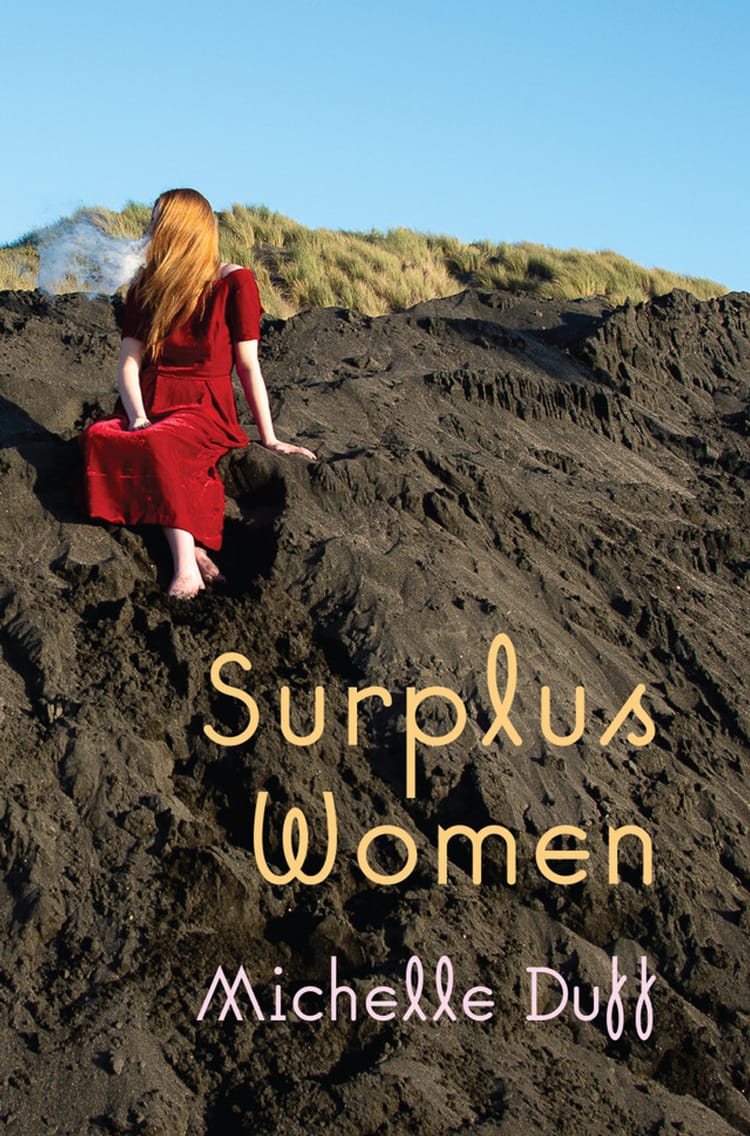
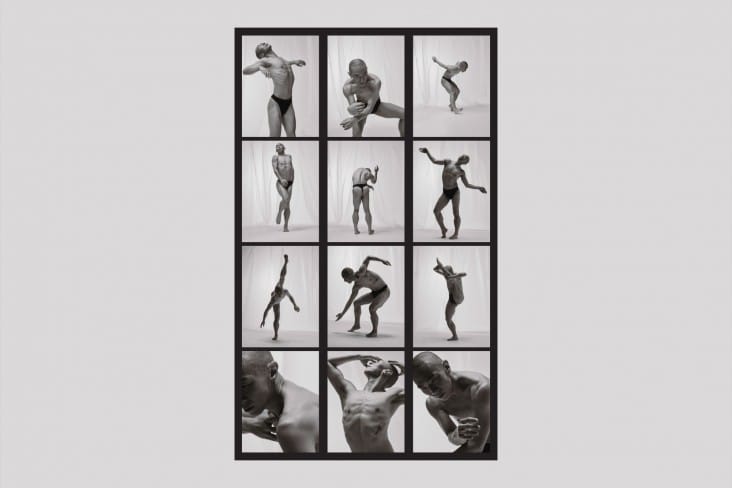
Member discussion